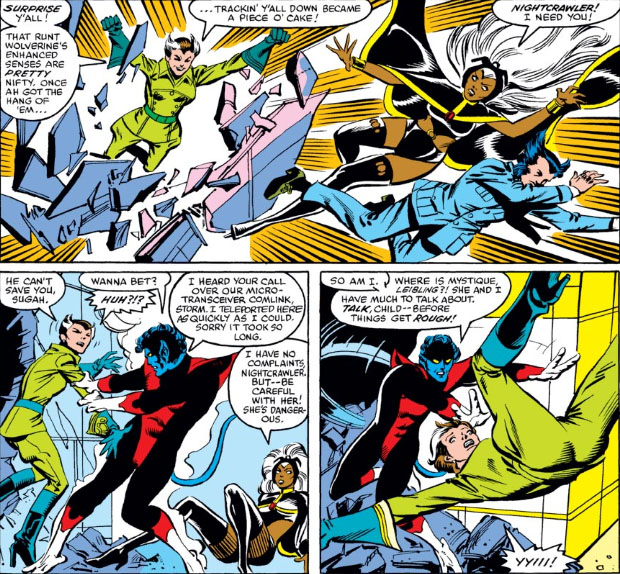Yes, it is sometimes burdensome to have things like moral principles, lines that you won’t cross, duties to one’s fellow man, etc.
Atheists are indeed gloriously free of such things, and of truth too. It is not heavy in the void of nihilism.
Atheists are indeed gloriously free of such things, and of truth too. It is not heavy in the void of nihilism.
https://twitter.com/godless_mom/status/1306307347883720706
Of course, as Kant once noted, the soaring bird thinks that it is the air that holds it back from flying even more freely and that if only it could fly above the air, it would be truly free — only to find that, in the void of space, it flaps its wings in vain, having no air.
You can if you wish describe freedom from morality as “freedom from a burden” — one could also correctly call it “psychopathy as an ideal.” One could describe freed from truth as a “liberation” (the postmoderns do) — one could also call it madness.
Good luck with such “freedom."
Good luck with such “freedom."
• • •
Missing some Tweet in this thread? You can try to
force a refresh



















